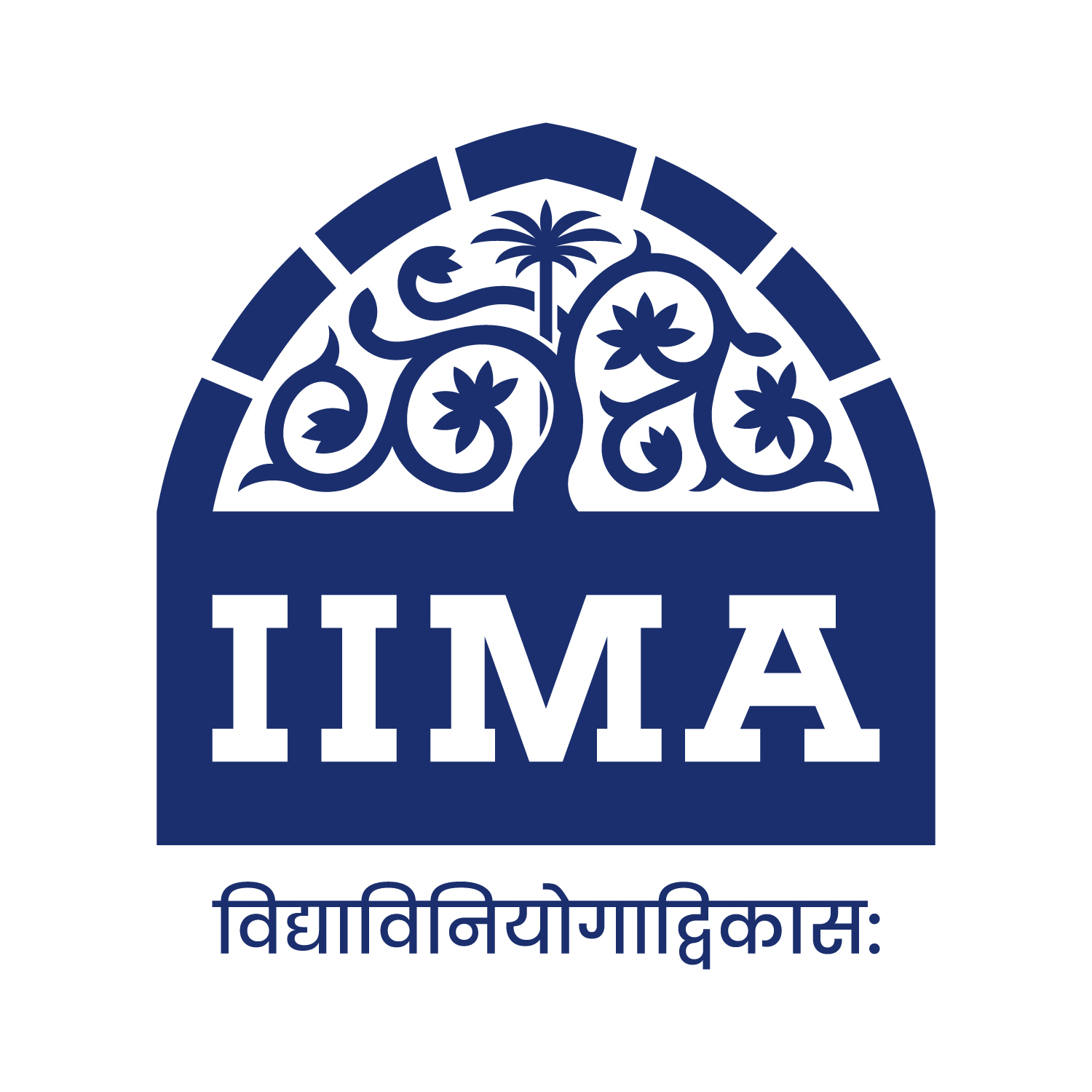
Probity: An irreplaceable virtue in Management and Leadership
By Chhavi Moodgal (PGP 2004), CEO-IIMA Endowment Fund (endowment@iima.ac.in)
Probity is commonplace in governance, but its importance in management can not be undermined. Probity usually refers to the adherence to high ethical and moral standards in the conduct of public affairs, and in this context businesses as well. Probity is a focus area of many regulators and is also considered in risk management strategies of corporates.
Today, business focus is moving towards stakeholder management from shareholder management alone and hence, building trust and confidence of all stakeholders is becoming more important. This shift makes probity a valuable trait in all managers and forms an essential part of the organisational values for many corporates across sectors. Probity can further be manifested as transparency, accountability, integrity and fairness. While the definition, incorporation and execution of these ethics largely lies with the leadership, its application trickles down to every level of the setup.
Transparency in policies and decisions builds trust and confidence in leadership, and is equally valued by internal and external stakeholders. Accountability not only entails complete compliance with the law but also self-accountability and responsibility. Workplaces that empower employees to step up and fix intrinsic flaws create a happier and more productive ecosystem. Integrity reflects through measures that ensure swift and impartial solutions to genuine issues. Integrity is also taught by parents and primary education and then probity in management gets reinforced at quality academic institutions such as IIMA. Fairness can be demonstrated via decision-making as well as through an equitable distribution of opportunities, privileges and even challenges.
Perhaps, as students we could not fully comprehend the significance of these soft aspects, but as professionals, we value them and continue to do so in our various roles. Core business activities such as procurement, audit, accounting, safeguarding confidential information, reference / identity checks of customers or employees, or other stakeholders – all these involve probity checks typically by senior management or consultants. Many of our alums have played a pivotal role in regulatory bodies and audit firms and IIMA continues to create new knowledge relevant to businesses and corporate governance. Through the endowment’s efforts, a Centre on ESG Research was set up at IIMA, thanks to the contribution of our Founder Arun Duggal (PGP 1974); we also facilitated setting up of the NIIF Chair in ESG at IIMA.
Probity is a founding tenet and is finely embedded in the work we do at the endowment. In fact, the IIMA Endowment Fund was set up to provide a professional and transparent governance model aimed at providing long-term flexibility to the Institute. The board of the endowment demonstrates collaboration between faculty and alumni, who have come together to govern the activities of the IIMA Endowment Fund. And through their guidance, we constantly work towards building an environment that fosters higher trust among our donors and stakeholders. In our endeavour to support IIMA in achieving its vision, we invite you to join us and participate in the activities of the endowment. For more information, download our newsletter Neev from IIMA’s website or write to us at endowment@iima.ac.in.

